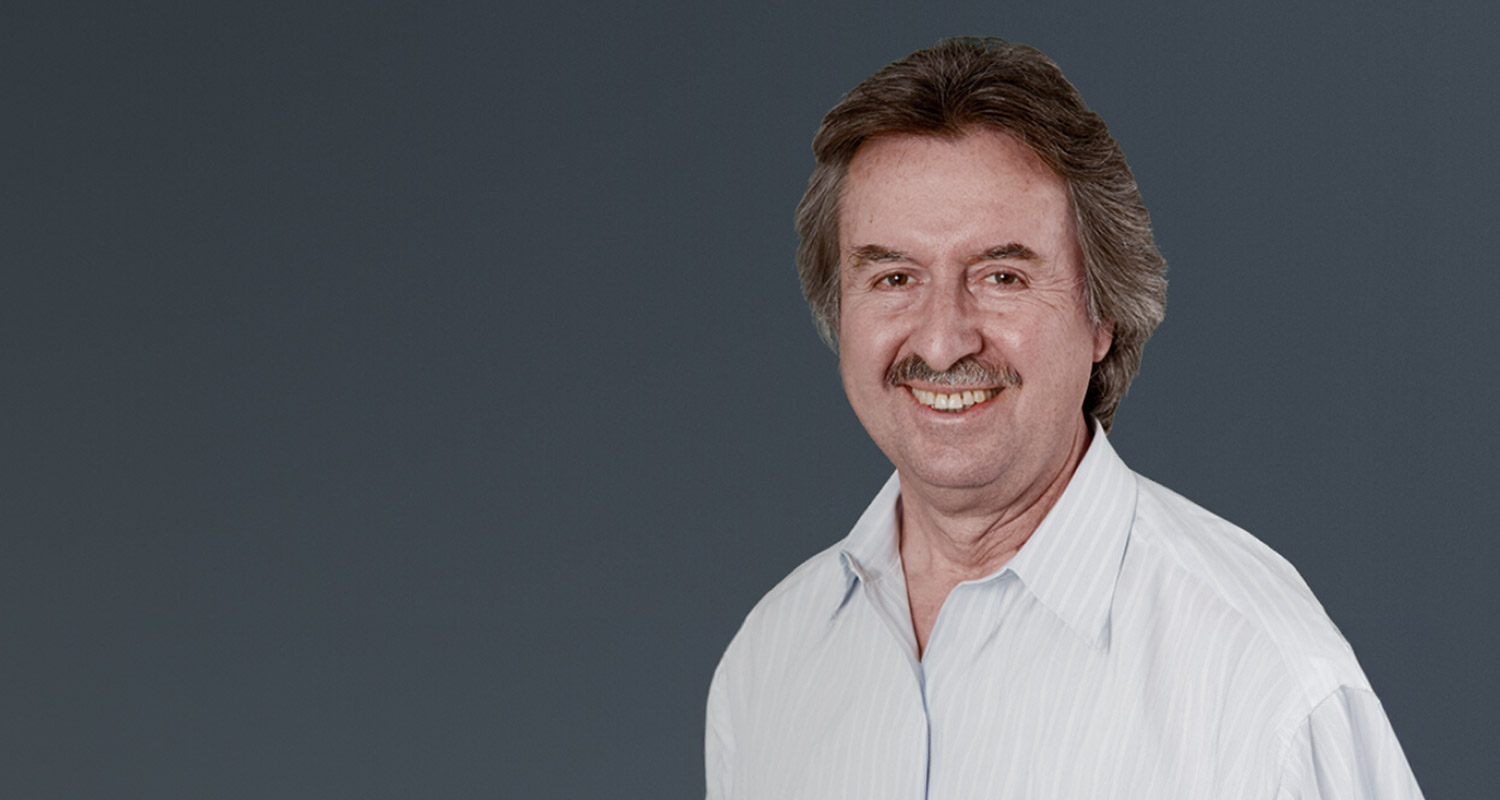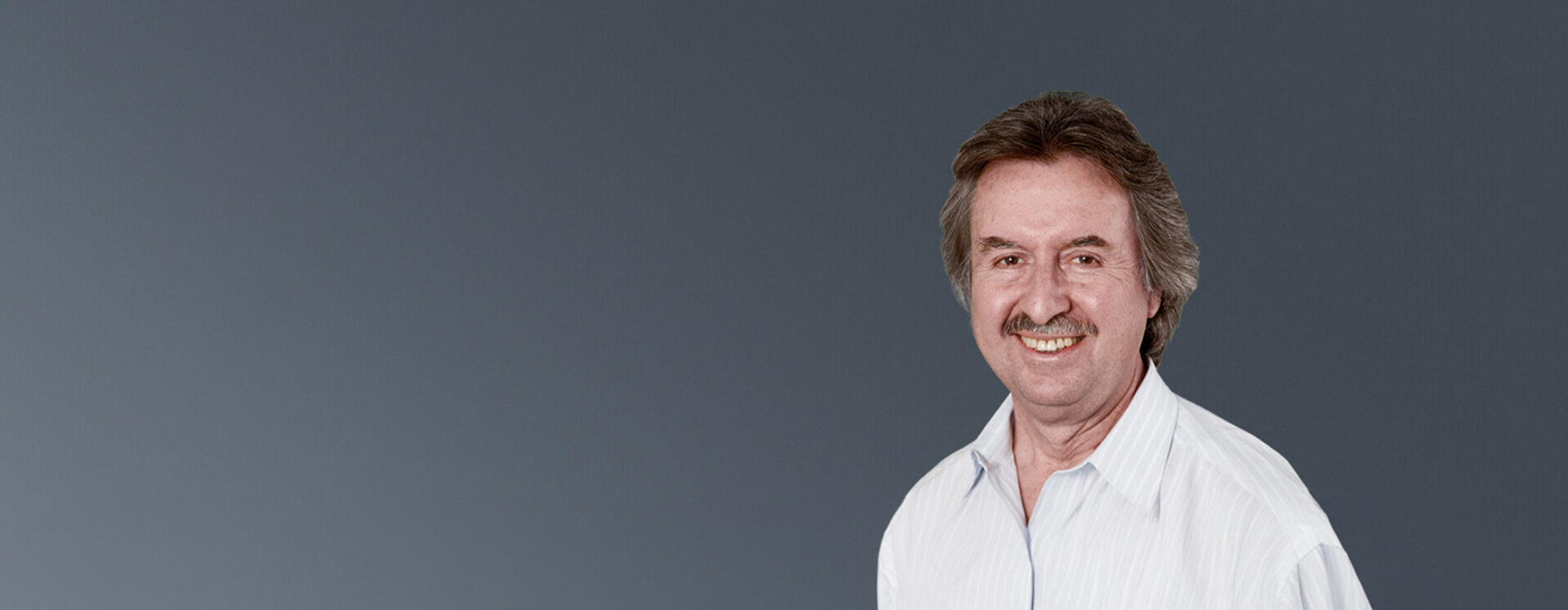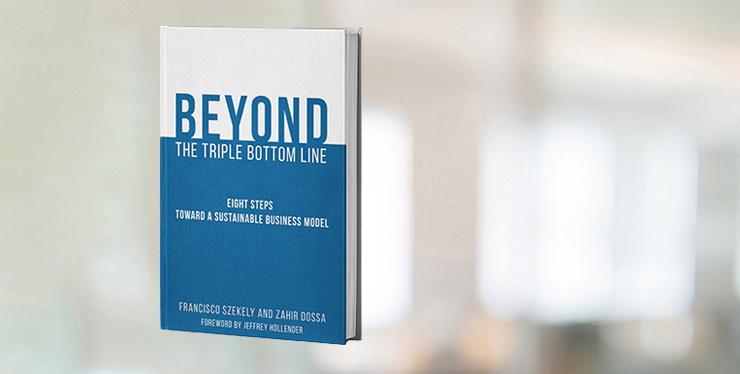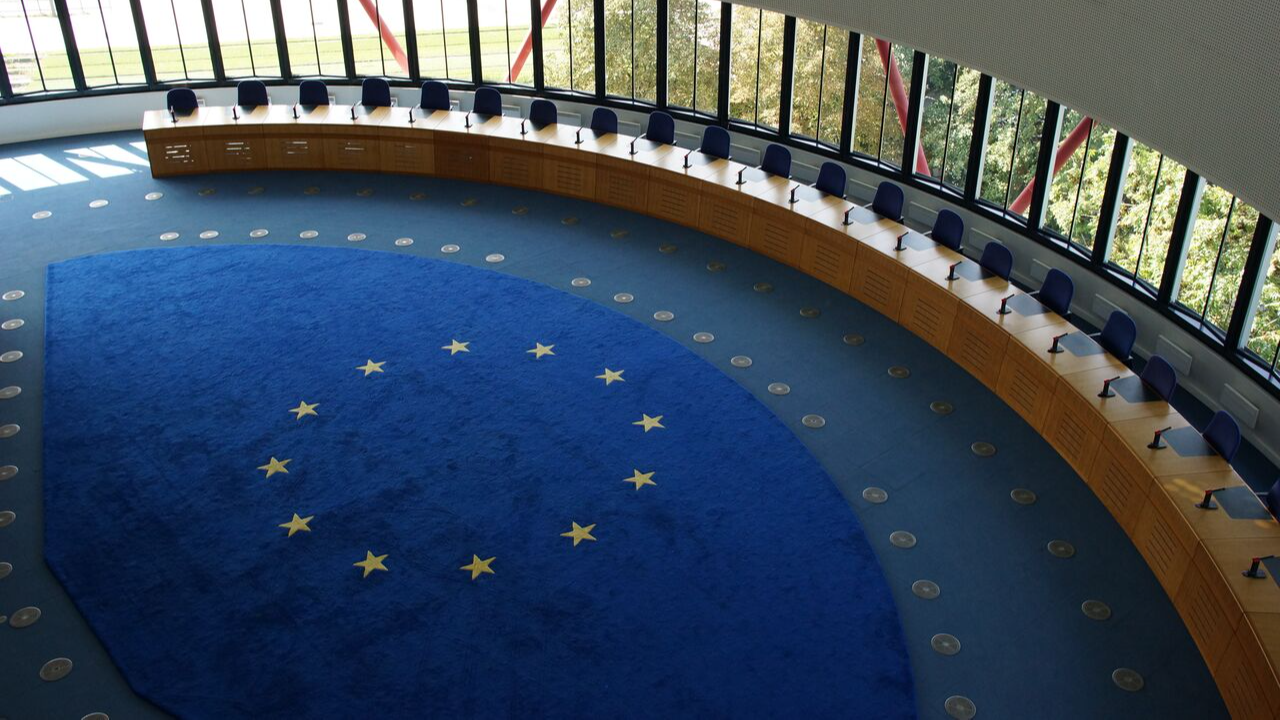

Francisco Szekely
Adjunct Professor of Leadership and Sustainability
Francisco Szekely is Adjunct Professor of Leadership and Sustainability. His work contributes to the understanding of the interrelationships between the emergence of new social, economic, and environmental trends as well as the development of long-term, sustainable business strategies.
Szekely’s research explores how companies can include sustainability as a key element of their business strategy, the link between sustainability and business performance, high performance leadership, the development of the leadership required by organizations to sustain long-term business performance over time, and the development and expectations of generations Y and Next.
Prior to joining IMD, Szekely served on the faculties of Harvard University’s Kennedy School of Government, MIT, the International Academy of the Environment in Geneva, Switzerland and the European School of Management and Technology in Berlin, Germany, where he taught sustainable development and responsible leadership. Additionally, he has worked as a consultant for McKinsey & Company managing clients in Mexico, the US, and Holland, and has served as Deputy Minister of Environment and Natural Resources for the Mexican government. Most recently, Szekely was Professor of Business Sustainability and Director of the Center for Responsible Business and Sustainability at the School of Management of the University of Texas at Dallas.
He is the author of seven books, including the 2017 title Beyond the Triple Bottom Line: Eight Steps toward a Sustainable Business Model. He has also written numerous articles and case studies and is the recipient of the 2011 International Award on the Hot Topic Case Writing from the European Case Clearing House (ECCH). His works have been published in European Management Journal, Environmental Assessment Review (MIT), and other refereed journals.
Szekely holds a degree in mechanical engineering from the National Autonomous University of Mexico, an MSc in engineering from Tufts University in Medford, Massachusetts, and an MSc in technology and human affairs and a PhD in Environmental Sciences and Economics from Washington University, St Louis, Missouri
Corporate social responsibility initiatives and the idea of the triple bottom line have grown in popularity among business circles. But where do the boundaries of a company’s social responsibility ...



